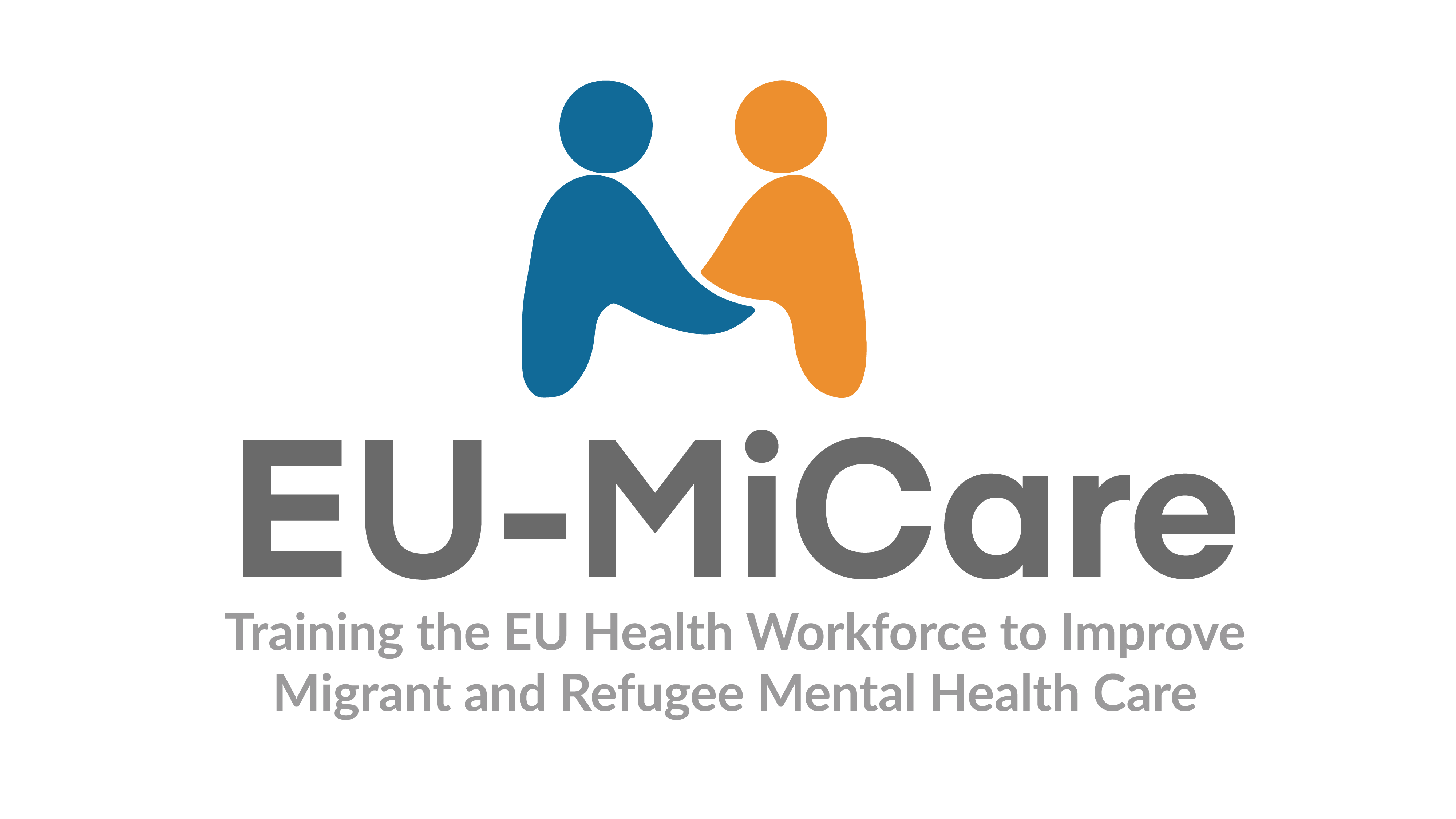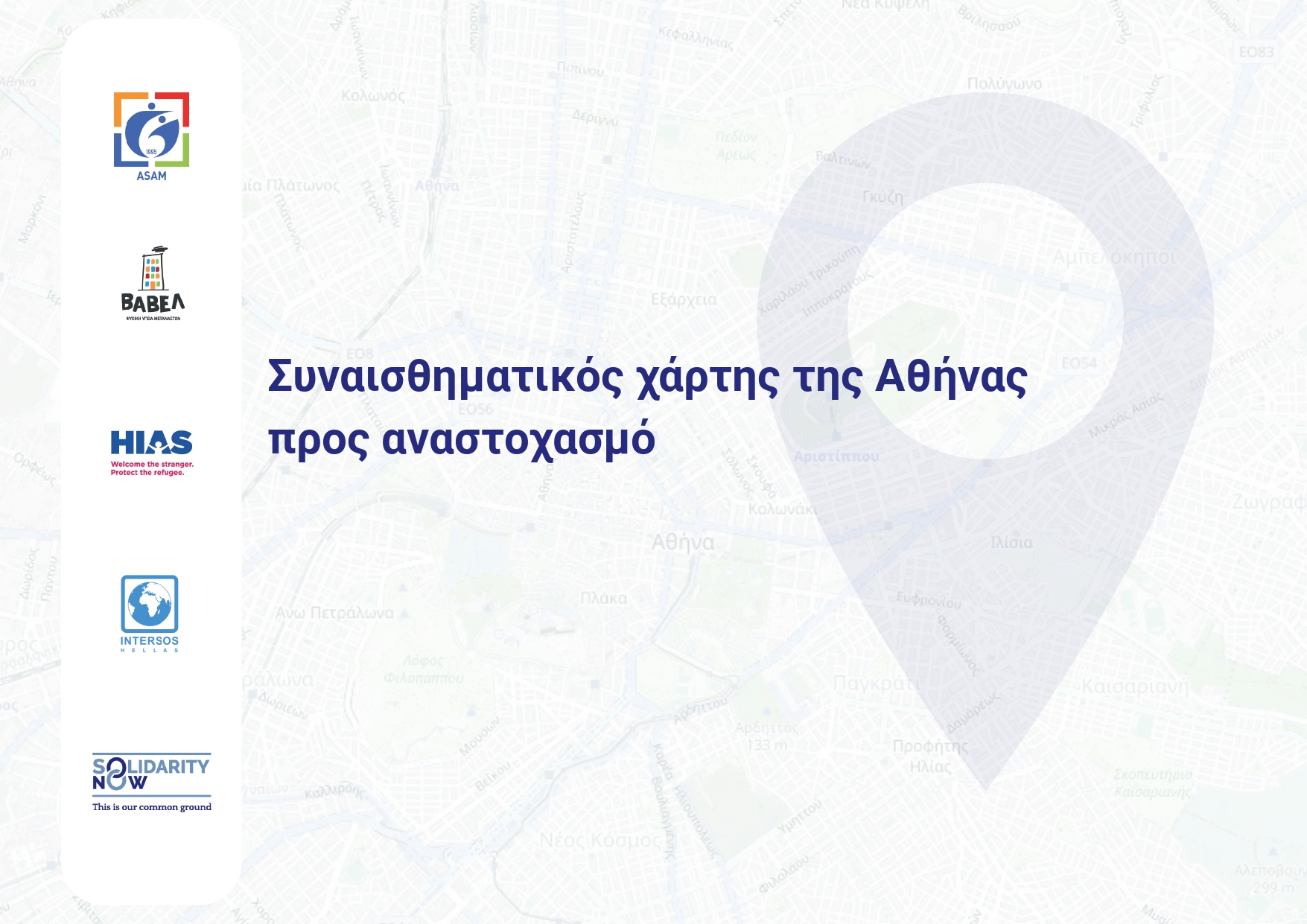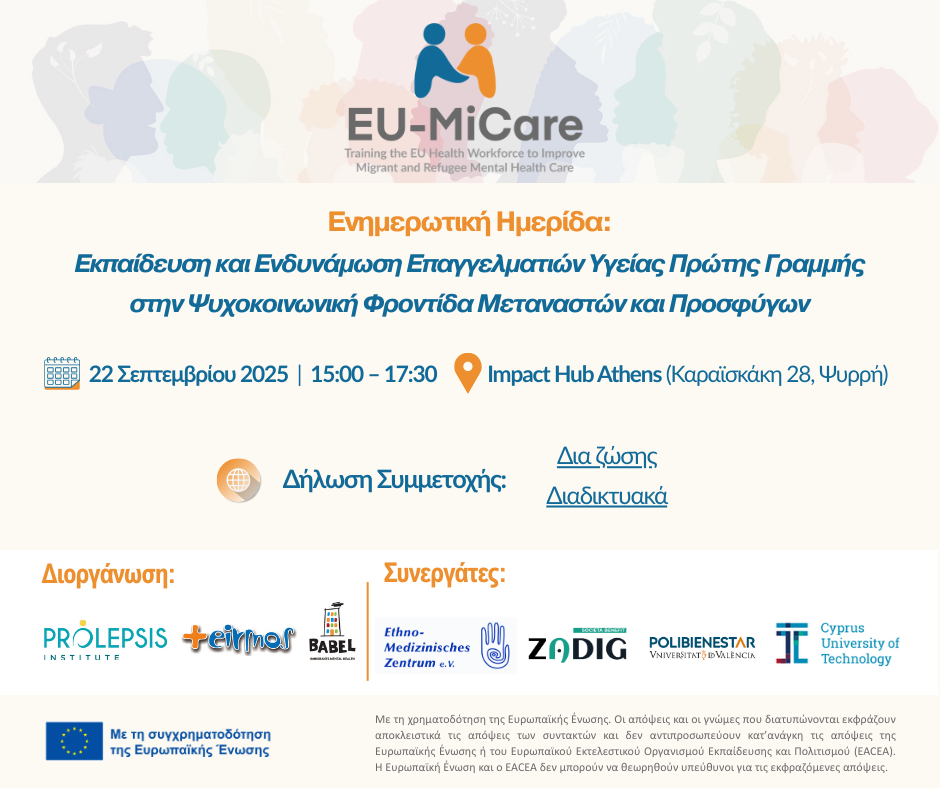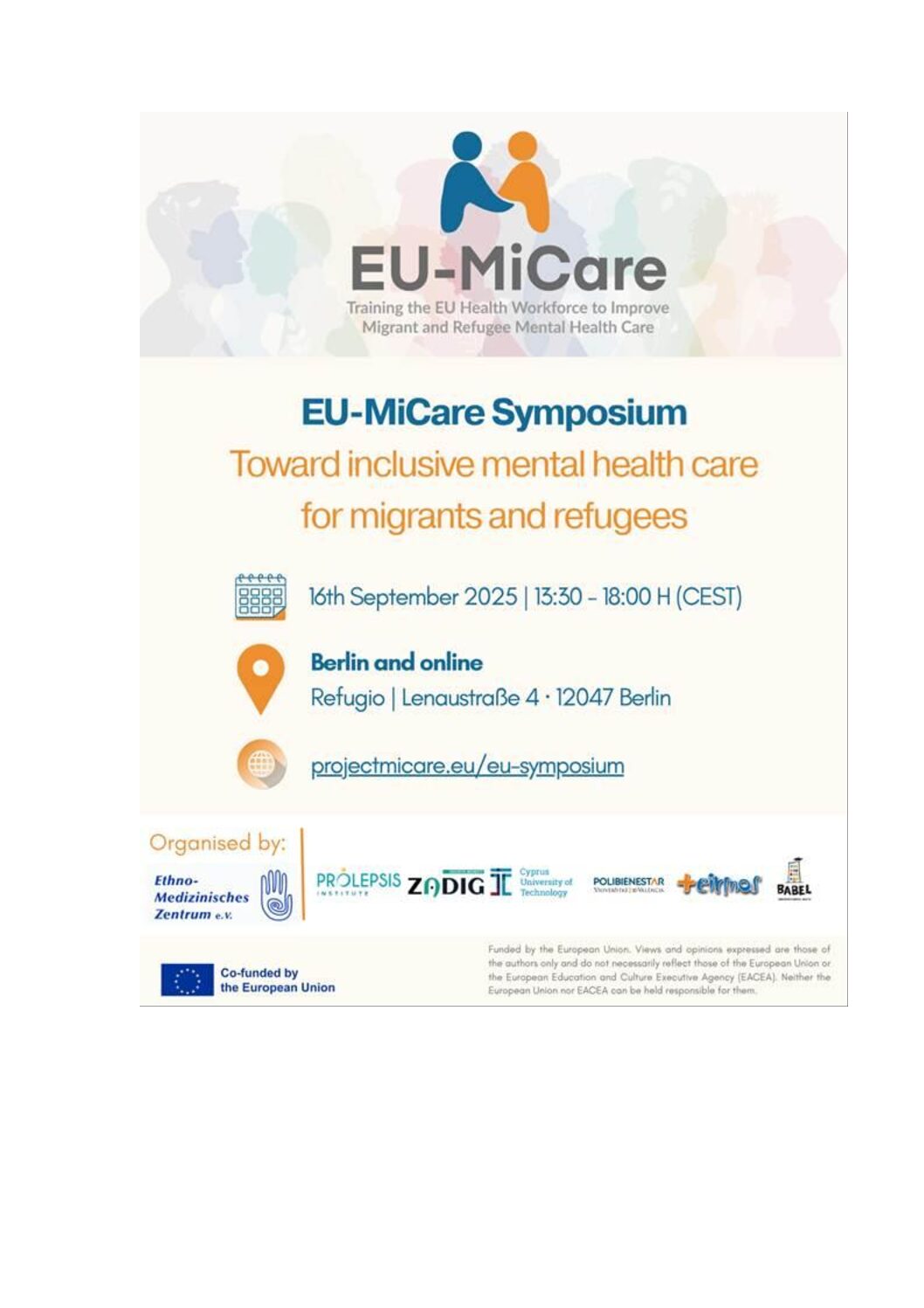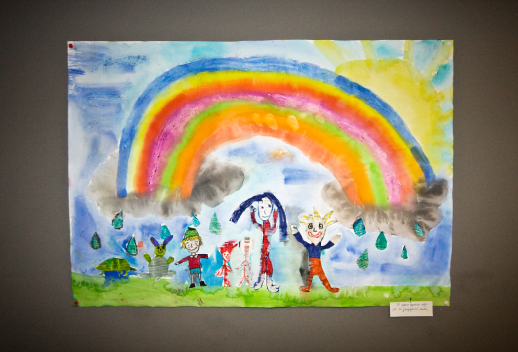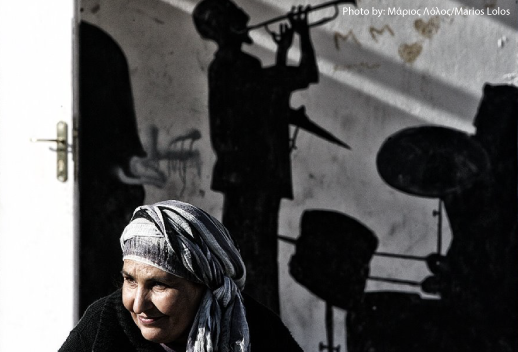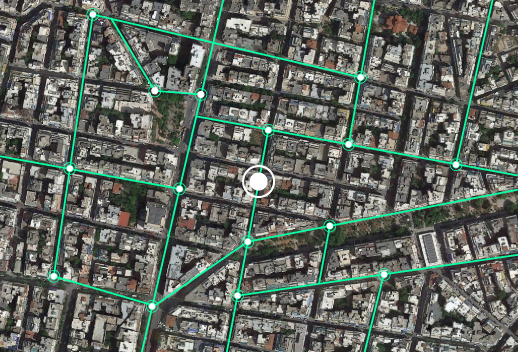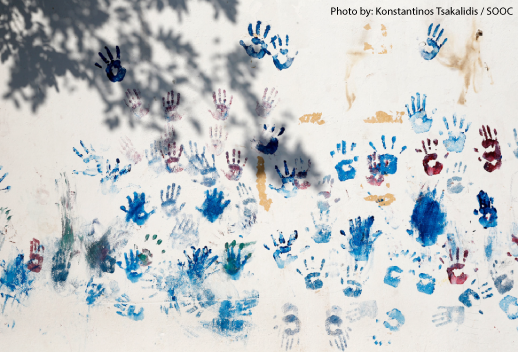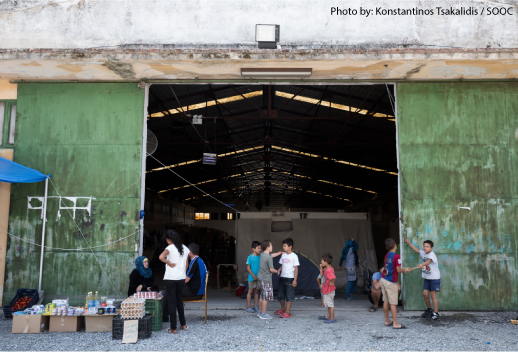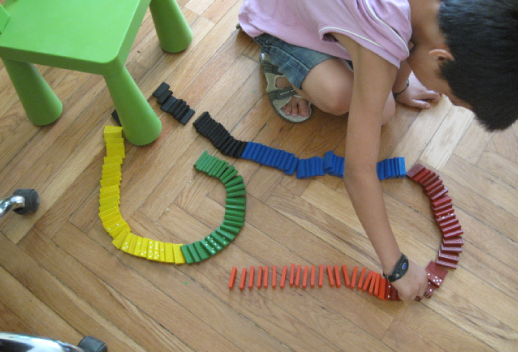Psychological Toll Of War And Uncertainty
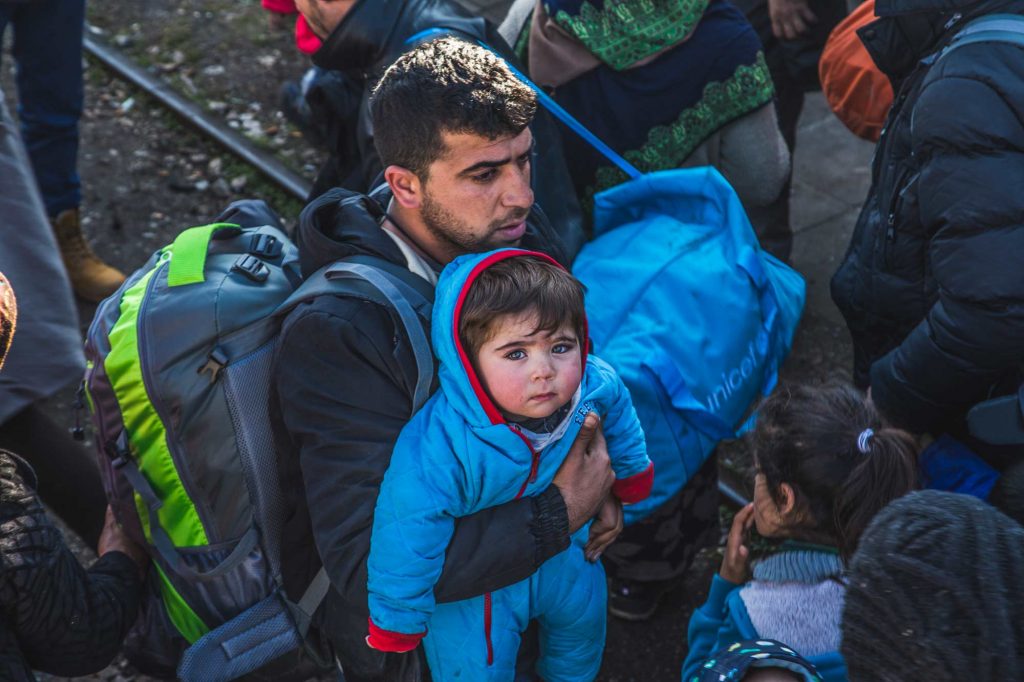
The children panic every time they hear an airplane or thunderclap.
“They think they are going to be bombed,” says Hana, a mother of eight. “Two bombs fell over our house. My small daughter was hurt by shrapnel.”
Like nearly five million others, Hana and her family lost everything to Syria’s brutal and unending civil war. They left their home in the western Syrian city of Homs more than three years ago and, today, are scattered across the globe, unsure of when they will reunite again, if ever.
“My husband has cancer and couldn’t get the care he needed in Turkey,” Hana says, tears welling in her eyes. “He went to Germany with five of our children. I was to meet him there with our other three.”
But Hana was too late.
After crossing the Aegean in a dinghy in the middle of the night to the island of Lesvos and making their way over mainland Greece, Europe shut its doors, trapping her and some 57,000 others in migration purgatory.
Days turned into weeks and months. Today, Hana and her three children now live in an abandoned tobacco plant perched on a sun-bleached, barren hillside dotted with marble quarries outside the town of Drama in northern Greece. Some 160 people, mostly Syrian, are staying in the factory, their shelters divided by grey wool blankets strung up by rope.
“Here there is no hope,” says Hana. “God willing we can go to Germany. We have no information. We are desperate.”
“It took me less than three hours to talk with my family and job partners and decide to come,” she added.


